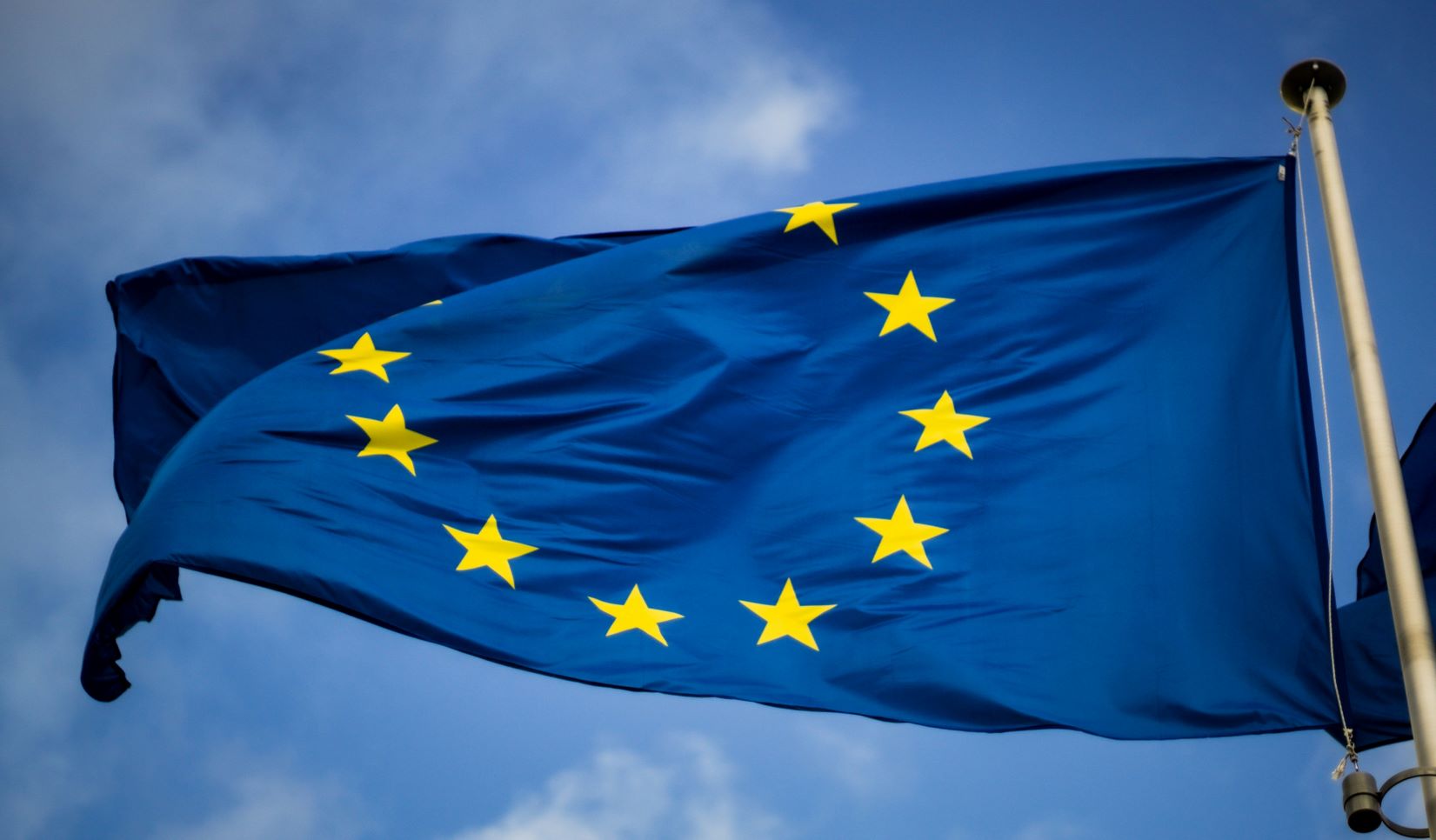1PointFive, a carbon capture, utilization and sequestration (CCUS) company, today announced it has entered into an agreement with Microsoft to sell 500,000 metric tons of carbon dioxide removal (CDR) credits over six years to support Microsoft’s carbon removal strategy.
The agreement is the largest single purchase of CDR credits enabled by Direct Air Capture (DAC) to date and highlights the increasing adoption of this climate technology as a solution to help organizations achieve net-zero emissions.
The CDR credits for Microsoft will be enabled by STRATOS, 1PointFive’s first industrial-scale DAC facility currently under construction in Texas. Under the terms of the agreement with Microsoft, which has committed to becoming carbon negative by 2030, the captured carbon dioxide (CO2) underlying the credits will be securely stored through subsurface saline sequestration and will not be used to produce oil and gas. Direct Air Capture provides a transparent and durable way to address emissions on a large scale, particularly from hard-to-abate industries.
“We are excited about this landmark agreement for Direct Air Capture, which is a result of Microsoft’s leadership in carbon removal and focus on building a more sustainable future,” said Michael Avery, President and General Manager of 1PointFive. “A commitment of this magnitude further demonstrates how one of the world’s largest corporations is integrating scalable Direct Air Capture into its net zero strategy. Energy demand across the technology industry is increasing and we believe Direct Air Capture is uniquely suited to remove residual emissions and further climate goals.”
“We’re very pleased to announce this deal with 1PointFive, a pioneer in the Direct Air Capture space, which is building the largest DAC project worldwide. To achieve the gigatons of removals needed this century, first-of-a-kind projects like STRATOS are essential to move from pilots to scale. DAC plays an important role in Microsoft’s carbon removal portfolio supporting our broader goal of becoming carbon negative by 2030,” said Brian Marrs, Senior Director for Carbon Removal and Energy at Microsoft.
Source: https://www.1pointfive.com/news/1pointfive-and-microsoft-announce-agreement-for-direct-air-capture-cdr-credits




